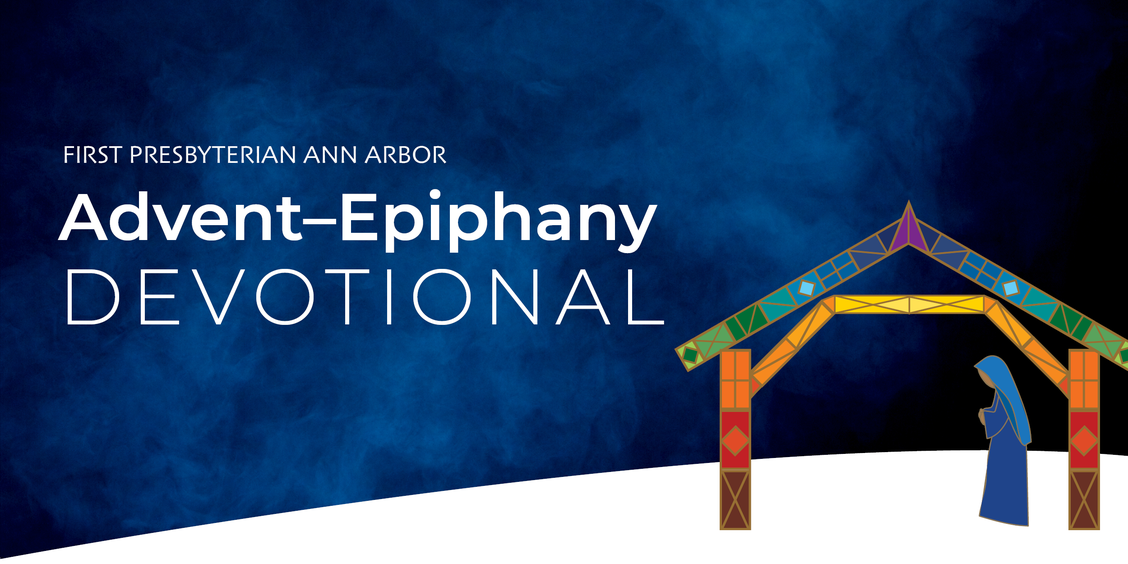
A Lenten Devotional: Hebrews 1:8-12
In these passages (quoting from the psalter and Isaiah), the author of the Epistle wants to show us that Jesus Christ is superior to the angels—that he is the Lord. We labor under a misapprehension if we understand the lordship of Jesus Christ as just one among so many doctrinal points to be believed. These verses elaborate on God’s temporality (that is, his time) in Jesus Christ. The eternity of God’s throne is closely tied together with God’s endless righteousness. The righteousness of God is coextensive with the terrain of God’s kingdom, which encompasses and transcends the cosmos. Only Nothingness exists outside of God’s kingdom; Nothingness will not, however, have the last word.

A Lenten Devotional: John 7:14–31, 37–39
At the Festival of Booths, Jesus told the crowd, “Those who speak on their own seek their own glory; but the one who seeks the glory of him who sent him is true, and there is nothing false in him.” There is a symmetry between Jesus’s activity in the world and the divine activity of the Creator God. The Father “has given [Christ] these works to accomplish in the Father’s name and for the manifestation of this name.” We also see the corollary. “Because the Father dwells in Him, the Son, it is the Father who performs the works through Him. Thus the Son is not really alone in His action, but He who sent Him is with Him” (Barth, CD III.2, p. 63). The Triune God is at work in the Christ-event, for us and for the life of the world, in the power of the Holy Spirit. Jesus’s call, “Let anyone who is thirsty come to me, and let the one who believes in me drink,” is precisely an invitation to reimagine what Lent means for us today.

An Advent Devotional: Phil. 1:3-11
Paul’s peace (eiréné) is literally a tying together—in Greek, the word derives from eirō (to tie together). Joined together in life’s creative wholeness, the united community of God, which “[shares] in the gospel” (koinōnia), joyfully perseveres through all hardships in thanksgiving and gratitude.